This year, The Paris Review will be engaging in an exciting mission to expand its reaches through the world of poetry. For each of our next four issues—fall, winter, spring, and summer—our editor Emily Nemens will work in tandem with four quite different, highly esteemed, poets to find and select poems that define the forefront of literature. We are delighted to announce our guest poetry editors below. By way of introduction, we have asked each to provide a short response to the prompt “Where is poetry now?”
Fall 2018, no. 226: Henri Cole
I think American poetry is much as I found it forty years ago as a student. The poets I loved are gone, but their poems have imprinted me with their depictions of bliss, loss, trembling, compulsion, desire, and disease.
I think being a poet in the world opposes the very nature of it, which is driven by profit. In a poem, we have only a little snapshot of the soul in a moment of being. Still, though there is no monetary gain, there is profit. Something enters the brain that wasn’t there before—an illumination, an aliveness, a triumphing over shame.
I have no moral imperative that poems must point to what is good. My own poems do not have triumphalist aspirations. They seem to represent some serenely distorted version of my normal self.
I love poems about real life, but I also love poems made out of nothing. Both have value, since words are real signs and representations of our beings, and poetry is language’s highest art.
Here is my body, poems declare.
Certainly, the despair and anger of our days belong in our poetry. But so does the sublime beauty of nature, as with Whitman writing about waves crashing on a beach. In other words, poetry can be both rebellious and the servant of order. Sometimes, the world goes forward because we oppose it.
As long as a poem is emotionally true and makes linguistic music, it has value.
Henri Cole was born in Fukuoka, Japan. He has published nine collections of poetry, including Middle Earth, which was a finalist for the Pulitzer Prize in Poetry. He has received many awards for his work, including the Jackson Prize, the Kingsley Tufts Award, the Rome Prize, the Berlin Prize, the Lenore Marshall Award, and the Medal in Poetry from the American Academy of Arts and Letters. His most recent collection is Nothing to Declare, and a memoir, Orphic Paris, was published by New York Review Books this past spring. He teaches at Claremont McKenna College and lives in Boston.
Winter 2018, no. 227: Shane McCrae
Poetry now is between nows, or just beginning to be. Over the past five years or so, but especially in the past two, readers have been experiencing a second golden age of American political poetry, the first having happened in the 1960s. And we have also been experiencing a third golden age of American confessional poetry, which, insofar as there is no limit to what can be confessed, looks a lot like the second golden age of the 1980s-1990s. At the moment, the political and the confessional require each other, and their inter-dependence has opened spaces for voices that have not been well-represented, or represented at all, in American poetry before. For that reason, I would like the moment to last forever. And I do believe the diversity American poetry has gained will not be lost. But the moment is already changing.
Whenever a particular way of art-making reaches the peak of its cultural dominance, the art form from which it has arisen begins to change beneath it. Who knows how long our intertwined golden ages will last? It seems likely that Trump will both sustain them and sustain them into exhaustion. Who knows what will come next? I’ve thought a return to high lyricism might be coming—I’ve seen some signs. But I’ve also thought a return to the more family drama-based kinds of confessional from the 1960s might be around the corner. Probably, the next thing will be neither of those things. And, anyway, the truest thing I can say about American poetry right now is that it is more various than it has ever been, because for the first time in its history, it has allowed itself to be various. So the future could be anything. So the future is already happening.
Shane McCrae’s most recent books are The Gilded Auction Block (Farrar, Straus and Giroux, 2018) and In the Language of My Captor (Wesleyan University Press, 2017), which won the 2018 Anisfield-Wolf Prize for Poetry, was a finalist for the National Book Award, the Los Angeles Times Book Prize, and the William Carlos Williams Award, and was nominated for the 2018 Hurston/Wright Legacy Award. He has received a Lannan Literary Award, a Whiting Writer’s Award, and a fellowship from the NEA. He teaches at Columbia University and lives in New York City.
Spring 2019, no. 228: Monica Youn
Poetry was last spotted wandering in the wilderness, asking itself the question, “Why am I?” This is a moment of explosive communication, where tweets, status updates, emojis and the acronyms du jour have become primary modes of self-expression, and we recite song lyrics and protest slogans far more often than poems. It’s also a moment in which many of us have, with renewed urgency, been scrutinizing our own complacencies, our histories, our actions and inactions, our words and our silences. So it’s an opportune time for poetry to be questioning its own necessity – a reality check every art form or artist should engage in at healthy intervals.
And from “the products of that scrutiny” (to quote Audre Lorde) come the most exciting poems of our time, poems that respectfully decline to take anything for granted – not genre, not audience, not speaker, not subject matter nor scope. These are poems could only have been poems – rather than blog posts, tweets, videos or essays – and could only have been written at this moment – in striking their balance between history and futurity. They are poems that question everything – avoiding the comfortable dead-ends that answers can provide – always seeking the next question, a way forward into worlds that had (to quote Harryette Mullen) been “previously unimaginable.”
Monica Youn is the author of three books of poems, most recently BLACKACRE (2016), which won the William Carlos Williams Award of the Poetry Society of America. It was also a finalist for the National Book Critics Circle Award and the Kingsley Tufts Award, was longlisted for the National Book Award. Her book IGNATZ (2010) was a finalist for the National Book Award. She has received poetry fellowships from the John Solomon Guggenheim Foundation, the Library of Congress, and Stanford University. She teaches at Princeton and in the Columbia and NYU MFA programs. The daughter of Korean immigrants and a former lawyer, she is a member of the curatorial collective The Racial Imaginary Institute.
Summer 2019, no. 229: Vijay Seshadri
The deadline The Paris Review set for my sending them this paragraph was a deadline that I missed. I’ve never been the person I should be when it comes to writing deadlines. I missed this one, though, not because of incorrigibility but because I was afraid of the question—“Where is poetry now?”—that the magazine had asked me to consider. I was afraid specifically of the adverb. Poets are more likely than other people to develop morbid terrors about parts of speech, but my terror wasn’t neurotic. It had to do with meaning, the meaning of the word now, not with grammar. There are probably many people, writers or not, who are afraid of confronting, really confronting, our moment, not only because of what’s happening but because of the extent of our collective complicity. What can anyone say about children in cages? What can poetry—or any other art—say that isn’t either trivial or corrupted by moral self-congratulation, posturing, hidden complacency? I taught a week-long poetry workshop in a summer program this past July, and I asked the students—all young, sensitive, and deeply empathetic—to consider the children in the cages. Consider they did, but they couldn’t come up with a response, at least during the course of that week. It’s been said that art is helpless in the face of cruelty, and it might very well be. Poetry can only describe cruelty, and its descriptions, however deep, are almost always inadequate. What poetry can respond to, though, is the chaos (internal and external) that makes cruelty possible. It can do so by imagining and realizing an order that reflects the order of reality and the sanity of the universe. So I guess my answer to the question is, “Poetry is now where it’s always been.” Many poets have told us what the task of being a poet means to them. My favorite of these affirmations of creed, one which fortified me when I was first writing poems, in another era of American crisis, comes from Gary Snyder, who said this about his vocation: “I try to hold both history and wilderness in mind, that my poems may approach the true measure of things and stand against the unbalance and ignorance of our times.”
Vijay Seshadri was born in Bangalore, India, in 1954 and moved to America at the age of five. He is the author of the poetry books Wild Kingdom, The Long Meadow, The Disappearances, and 3 Sections, as well as many essays, reviews, and memoir fragments. His work has been widely published and anthologized and recognized with a number of honors, most recently the 2014 Pulitzer Prize for Poetry and, in 2015, the Literature Award of the American Academy of Arts and Letters. He was educated at Oberlin College and Columbia University, and currently teaches at Sarah Lawrence College, where he has held the Michele Tolela Myers Chair.
Subscribe now to The Paris Review in order to receive each of these four issues on your doorstep (and get instant access to our decades of archives)
from The Paris Review https://ift.tt/2w7gwEt
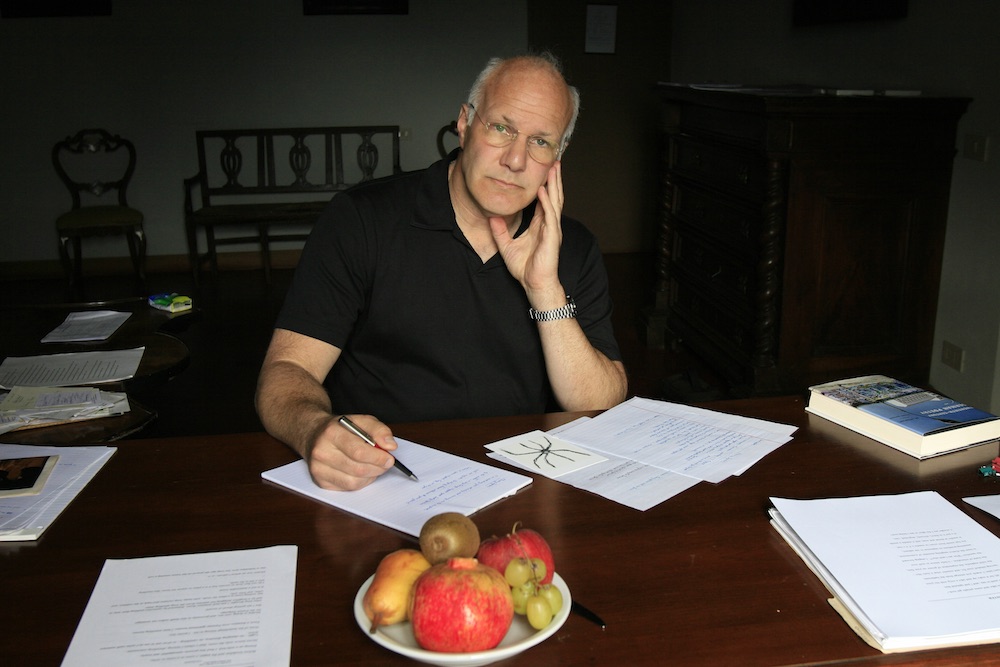
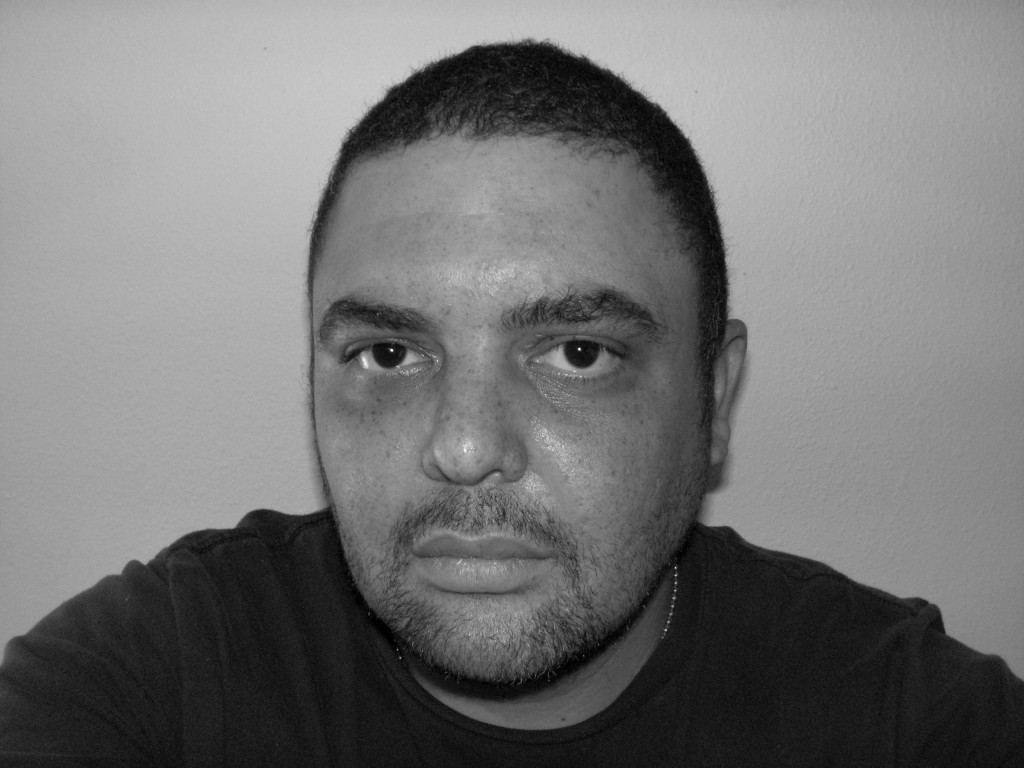
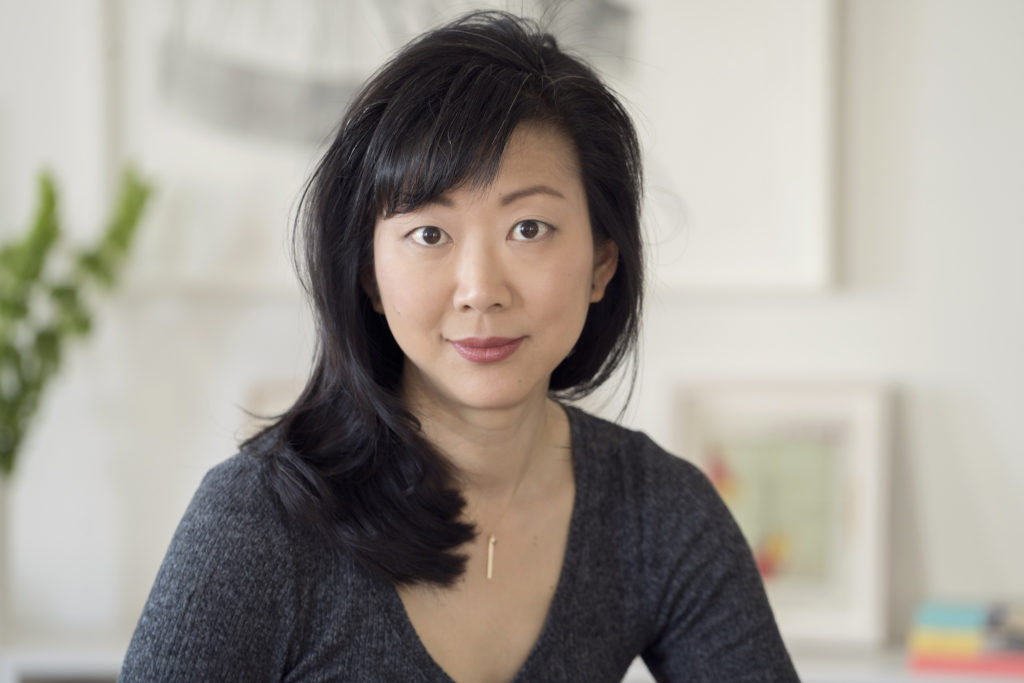
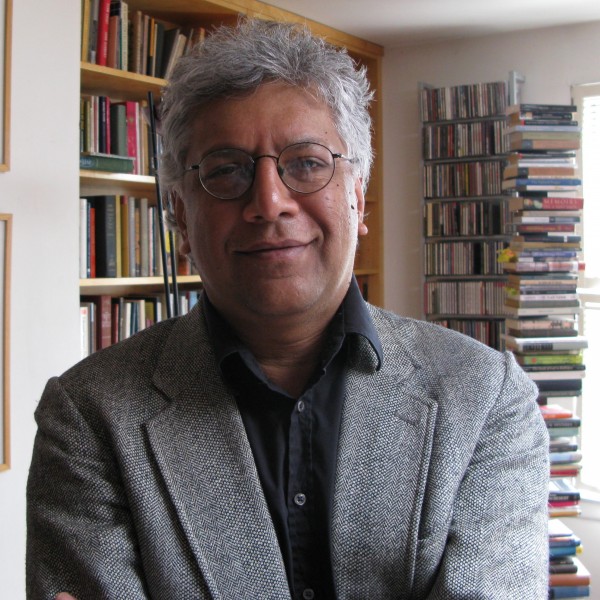
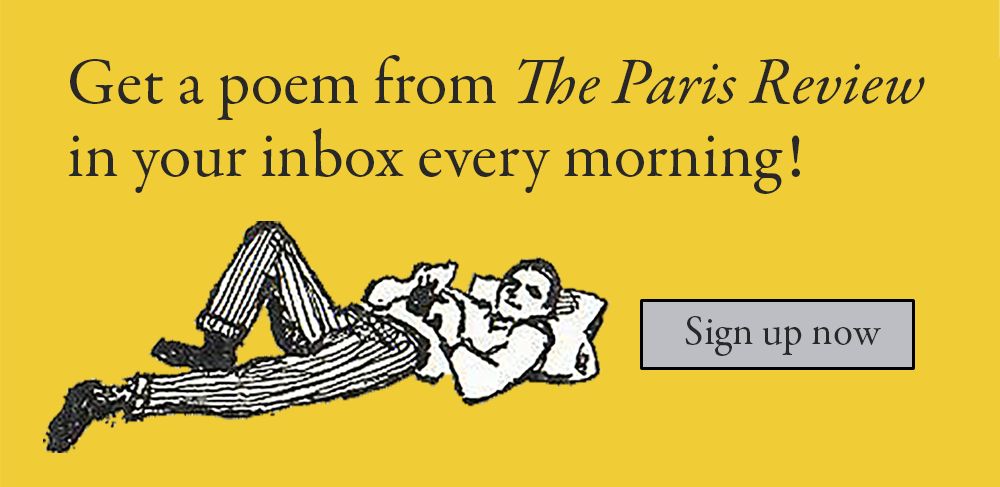
Comments
Post a Comment